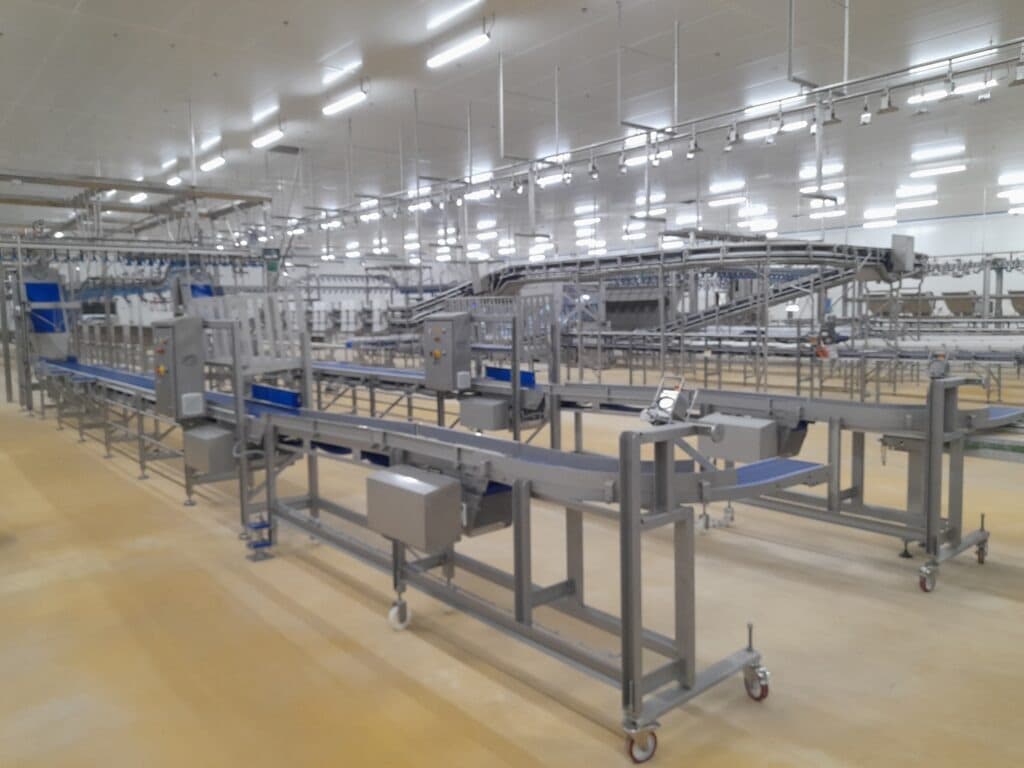The world is changing and so does the food Industry. It has to face many challenges in 2024.
The food industry is constantly evolving, shaped by changing consumer trends and demands, technological progress and growing concerns about sustainability. In 2024, this crucial industry faces a series of major challenges that require innovative thinking and adaptive solutions. In this article, we will dwelve into some of the key challenges shaping the agri-food industry this year.

Cleaning in place is a cleaning method that enables equipment to be cleaned without dismantling it. This approach significantly maximizes production uptime and minimizes the manpower required for manual cleaning. Acemia’s CIP system is specifically designed to optimize this method, using less water and hygiene products.
Climate change is having a significant impact on agriculture and food production. Extreme weather variations, droughts and floods can disrupt harvests and lead to food shortages. Farmers and the food industry need to adapt to changing conditions, whether through more resilient farming practices, improved irrigation systems or crop diversification.
Effective supply chain management is a major challenge in 2024. The COVID-19 pandemic has highlighted the global supply chains’s fragility. Businesses must now build resilience, reduce disruption and ensure consistent delivery of products to consumers.
Food quality and safety remain a constant priority for the food industry. Consumers rely on safe, high-quality food. Companies must maintain high standards of food safety and product quality, while responding to new threats such as pathogenic bacteria and chemical contamination.
Consumer preferences are changing rapidly. Demand for organic, local, vegetarian, vegan and plant-based products is on the rise. The industry must adapt by developing new products, improving the transparency of information on labels, and using technology to track market trends.
The agri-food industry, like other industries, is becoming increasingly digitalized. Technologies such as the Internet of Things (IoT), Artificial Intelligence (AI) and blockchain are being used to improve traceability, inventory management and food safety. However, implementing these technologies requires considerable investment and specialist skills.
The food industry faces labor challenges, particularly when it comes to attracting and retaining skilled workers. Training and skills development are essential to meet this challenge, while ensuring safe and fair working conditions.
